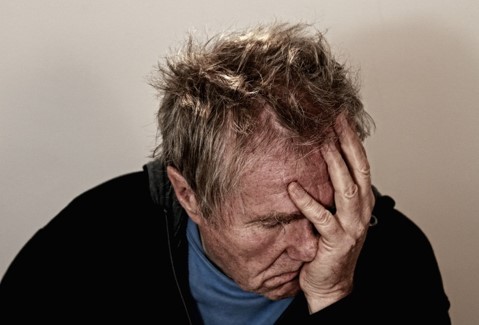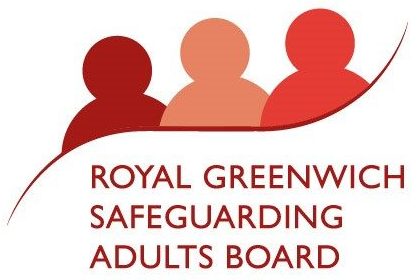Who is an adult at risk?

Adult abuse can happen to anyone who is over 18.
Safeguarding will apply to an adult who:
- Has needs for care and support (whether or not the local authority is meeting any of those needs) and;
- Is experiencing, or at risk of, abuse or neglect; and
- As a result of those care and support needs is unable to protect themselves from either the risk of, or, the experience of abuse or neglect.
These adults for example may:
- Be frail due to age, ill health, physical disability or cognitive impairment, or a combination of these
- Have a learning disability
- Have a physical disability and/or a sensory impairment
- Have mental health needs including dementia or a personality disorder
- Have a long-term illness/condition
- Be users of substances or alcohol
- Be unable to demonstrate the capacity to make a decision and is in need of care and support.
Abuse may be a one-off incident or occur multiple times. It may affect one person or more. Repeated instances of poor care maybe an indication of more serious problems and of what we now describe as organisational abuse.
Abuse can occur in any relationship and may result in significant harm, or exploitation of, the person subjected to it. It may be caused by anyone who has power over the person. The person responsible for the abuse is very often well known to the person being abused and could be:
- A spouse or partner
- Son or daughter
- A relative
- A friend
- A paid or unpaid carer
- A neighbour
- A health or social care professional
- Another resident or service user
Abuse can be caused by a person deliberately intending to harm or neglect, failing to take the right action, or through their ignorance. It can involve one or a number of people.
Adult abuse is when something is said or done to an adult at risk that makes them feel upset, hurt or frightened. Abuse is not always intentional but it causes harm so something should be done to stop it from happening again.
